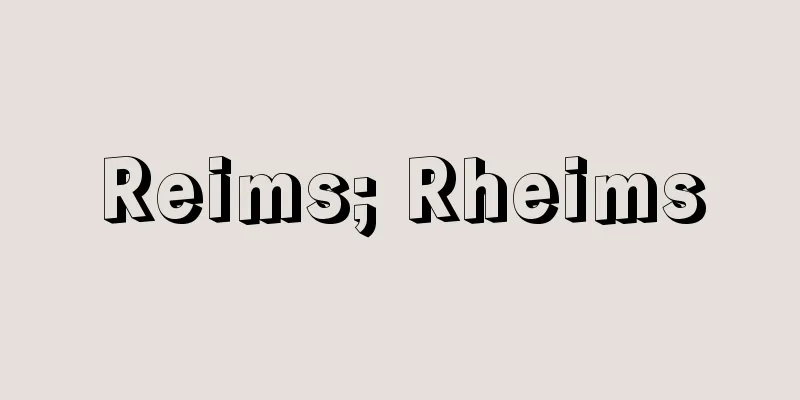Guido da Siena (English spelling) Guido da Siena

|
…The origins of Sienese painting lie in the miniatures produced in great numbers in the Benedictine monasteries of the region, from which the taste for rich, elegant colors and extremely refined techniques that characterize the school were born. Painters such as Guido da Siena appeared as early as the 13th century, but it was not until the appearance of Duccio di Buoninsegna, a contemporary of Giotto, that the school truly established its foundations. He absorbed and fused Byzantine art from the East and Gothic art from the North, creating a sweet, lyrical style in which delicate forms are enveloped in the rhythm of lines, and his pupil Simone Martini further developed this style into softer, more elegant, and more decorative paintings. … From Tuscany…All of these painters were based on the Byzantine style, but against the backdrop of the economic prosperity caused by commercial activity in Pisa, Lucca, Arezzo, Florence, and other cities, they created paintings that responded to the humanistic religious feelings and fresh views of nature encouraged by the teachings of Francis. Giunta Pisano (active 1229-54), who was also active in Assisi, the Berlinghieri family of Lucca (Berlinghieri), and Guido da Siena (years of birth and death unknown) produced panel paintings of the Crucifixion and hagiography that mixed dramatic and solemn expressions with intimate details, while Margaritone d'Arezzo (years of birth and death unknown) produced refined and elegant images of the Madonna and Child. A little later, in Florence, the mosaics on the Baptistery ceiling became the catalyst for the birth of Florentine painting, and at the end of the 13th century, Cimabue appeared, producing figurative human figures, and Duccio di Buoninsegna of Siena pursued pictorial beauty, laying the foundations of the Florentine and Sienese schools, respectively. *Some of the terminology explanations that mention "Guido da Siena" are listed below. Source | Heibonsha World Encyclopedia 2nd Edition | Information |
|
…シエナ派絵画の淵源は,この地域のベネディクト会修道院で数多く作られたミニアチュールにあり,そこからこの派を特徴づける豊かで優美な色彩と,このうえなく洗練された技法への嗜好が生まれた。13世紀にはすでにグイード・ダ・シエナGuido da Sienaのような画家が現れるが,真にこの派の基礎を確立したのは,ジョットと同時代のドゥッチョ・ディ・ブオニンセーニャが登場してからである。彼は東方のビザンティン美術と北方のゴシック美術を摂取・融合して,繊細な形態を線のリズムが包む甘美で抒情的な画風をつくり上げ,さらに弟子のシモーネ・マルティーニが,よりソフトで優雅な装飾性の濃い絵画へと発展させた。… 【トスカナ[州]】より…いずれの画家たちもビザンティン様式を基盤としているが,ピサ,ルッカ,アレッツォ,フィレンツェなど,商業活動による経済的興隆を背景に,フランチェスコの教えに鼓吹された人間的な宗教感情や新鮮な自然観に呼応した絵画を創出した。アッシジでも活躍したピサのジュンタGiunta Pisano(1229‐54活動),ルッカのベルリンギエリ家(ベルリンギエリ)や,シエナのグイードGuido da Siena(生没年不詳)は,劇的で荘厳な表現に,親近感のある細部描写を交えたキリスト磔刑図や聖人伝の板絵を,またアレッツォのマルガリトーネMargaritone d’Arezzo(生没年不詳)は洗練された優雅な聖母子像を描いた。やや遅れてフィレンツェでは洗礼堂大天井のモザイクがフィレンツェ絵画の誕生をもたらす契機となり,13世紀末にチマブエが現れ,造形的人間像を現出させ,シエナのドゥッチョ・ディ・ブオニンセーニャは絵画的美を追求して,それぞれフィレンツェ派とシエナ派の礎を築いた。… ※「Guido da Siena」について言及している用語解説の一部を掲載しています。 出典|株式会社平凡社世界大百科事典 第2版について | 情報 |
<<: Guido da Velate (English spelling)
Recommend
Prince Otsu
Year of death: Shucho 1.10.3 (686.10.25) Year of b...
Two-tailed moth - Two-tailed moth
A general term for insects in the Lepidoptera fami...
Odoshi - Threatening
...Both some and shime are probably words related...
Rhynchocinetes hiatti (English spelling) Rhynchocineteshiatti
...A beautiful shrimp (illustration) of the famil...
Puma - Puma (English spelling) Souvanna Phouma
A Laotian royal politician. In 1945, he was appoi...
Carpesium glossophyllum (English spelling)
… [Mitsuru Hotta]... *Some of the terminology tha...
Milk inspection - Gyuunyukensa
...It is produced and secreted from the mammary g...
Aizu Agricultural Books
An agricultural book from the Edo period written ...
Kitano Shrine
This shrine is located in Bakuro-cho, Kamigyo-ku, ...
Iwaki [city] - Iwaki
A city in the southeastern part of Fukushima Prefe...
Construction power - Construction power
...Depending on how the concept of facilities is ...
Local official - Chihokan
〘Noun〙 = Local administrative official ※Edo Hanjo-...
Perfect era
...As a result of sexual reproduction, ascus are ...
When?
A Zen monk of the Obaku sect in the early Edo per...
Register of members; share register; Aktienbuch
A book that is required to be prepared and kept un...









